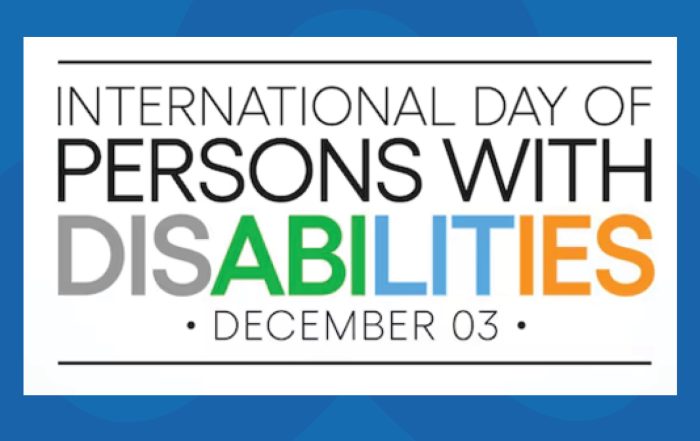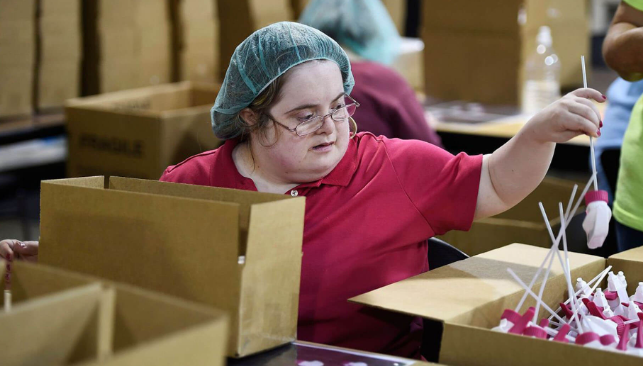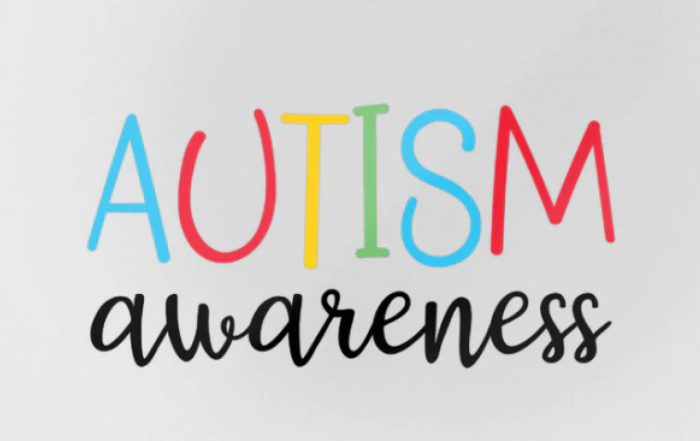Interpersonal connections are important for everyone, but they may be especially critical to the healthy development of children with special needs. The ability to relate to others and make friends can help differently-abled kids enjoy improved academic outcomes and better mental health as they grow.
“15% of all public school students (7.2 million) receive special education services.”
In 2020-21, 15% (or 72 million) public school students aged 3-21 received special education services under the Disabilities Education Act (IDEA). Among these students, the most common need was assistance with a specific learning disability.
Social skills don’t come as naturally to some kids, but they can develop with time, patience, and practice. Here are a few tips for prioritizing socialization and making it a positive experience for your child.
1. Choose a comfortable setting.
Socialization is all about meeting new people and trying new things. For kids with special needs, branching out can be easier when at least some aspects of the situation feel familiar.
This can apply to the venue you choose for a playdate, like a favorite park or your own backyard. It may also extend to details of the experience including snacks and activities. Everyone feels more confident when they know what to expect in a given situation, and confident kids will be more likely to have a positive social experience.
If your child expresses anxiety over an upcoming playdate, discuss the steps you can take to help them feel more secure. This may include agreeing to either give space or stay close by, or agreeing on a codeword if they begin to feel overwhelmed.
2. Practice social skills at home.
Just like role-playing can help us prepare for an important meeting or job interview, rehearsing general social interactions can be helpful for kids with intellectual and developmental differences.
Interpersonal interaction is more intuitive for some children than for others. Remind your child of the things they do well and the qualities they have to offer in a conversation. Then, make time to practice age-appropriate exchanges like:
- How to greet new friends
- Good potential topics for conversations
- How to give and receive appropriate compliments
- Balancing talking and listening
- Recognizing when an exchange is at a natural stopping point
Social skills are tough to master, but a little preparation can go a long way toward helping your child feel more at ease in conversations.
3. Make time for decompression.
Even if they’ve spent the day doing their favorite activities with people they enjoy, it’s normal for kids with I/DD to feel that their social batteries are drained.
If you’ve noticed that play dates leave your child exhausted or overstimulated, build in time to help them rebalance. This could mean setting aside time to allow them to share details about their day, or just creating a space for quiet time before dinner or bed. Giving your child the outlet that they need can help make sure they view social time as a positive experience.
4. Connect with your I/DD community.
Get familiar with your I/DD resources, and use them to help build a social circle that includes a diverse group of differently-abled friends.
Teachers and caregivers can be an important source of support as kids practice their social skills. You may also be surprised to discover how many programs specifically designed for special needs kids exist in your community.
Explore I/DD and sensory-friendly events near you, and you may also discover a vital network of like-minded new friends.






